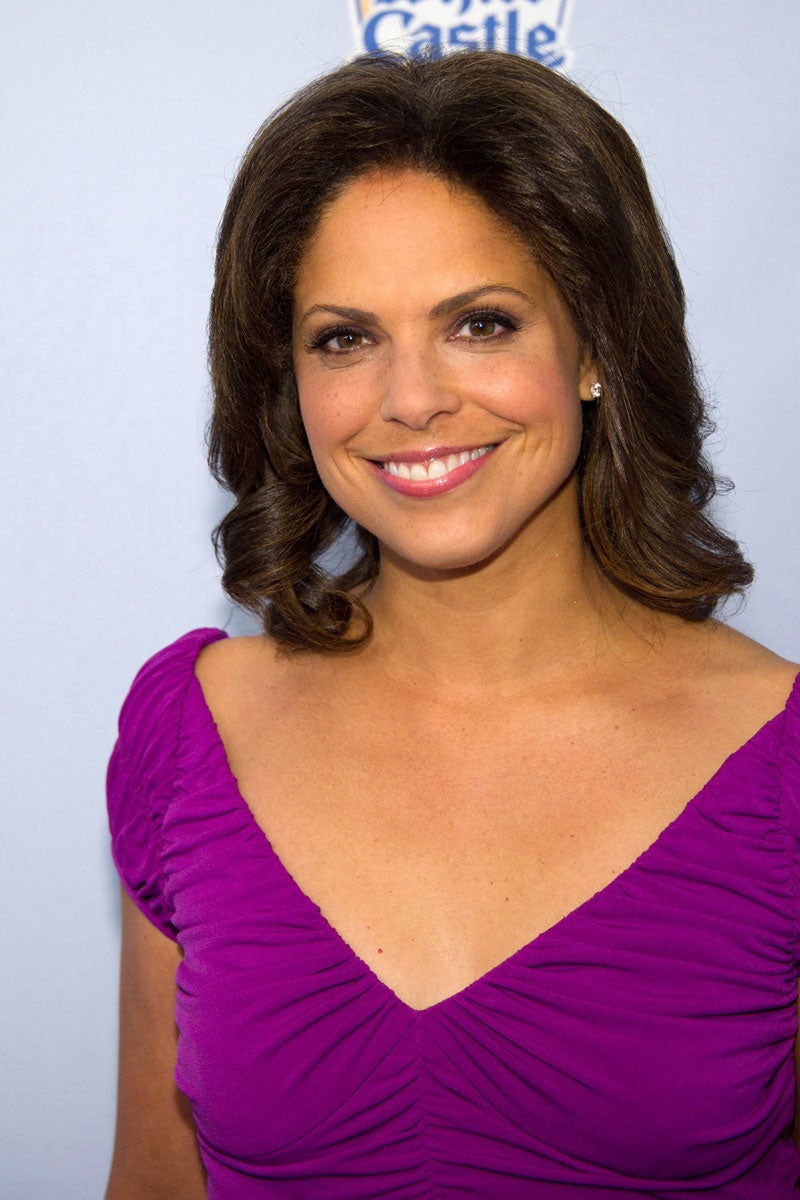
Having previously tackled issues like debt and inequality in the Black community, this time in “Black in America: New Promised Land – Silicon Valley,” O’Brien goes deep into Silicon Valley to see how eight handpicked Black entrepreneurs will fare in the super competitive tech world. We spoke with O’Brien about what she learned about Silicon Valley, finding a Black Mark Zuckerberg, and telling unique African-American stories.
ESSENCE.com: This is your fourth installment of the ‘Black in America’ series. What made you want to focus on Silicon Valley and the tech scene?
SOLEDAD O’BRIEN: I think there was a sense that Silicon valley is this last meritocracy that’s really about good ideas. People would say it’s all about the green and nothing else, color doesn’t matter, so we wanted to explore that. I think it’s also relevant in a time when the country is going through some pretty tough times, Silicon Valley is still making millionaires and so the idea that some people feel excluded — and those people would be Black, Latinos, and women to some degree — was something we wanted to explore.
ESSENCE.com: What did you learn about that tech industry?
O’BRIEN: You know, I think it depends on who you ask. I think some people think Silicon Valley is a meritocracy. I think that was [Techcrunch founder] Michael Arrington’s point. He was saying that once someone sees a Mark Zuckerburg they say, ‘Get me that kid. Get me that version. Young, white, kid, dropped out of school blah blah blah.’ And if you’re not in that pattern, then it’s a challenge to have people look at you differently and to really connect with you because you don’t fit the pattern of what they see. Which is true? Which is not true? I’m not really sure. I think it’s more a conversation about how do you move from there so that everyone feels like there’s opportunities.
ESSENCE.com: Michael Arrington also said the school systems are partly to blame for not encouraging minority children in subjects that would help them excel in the tech industry.
O’BRIEN: You know, one of the guys in the documentary, the youngest guy, Anthony Frazier, was telling me that as a 7th grader he was really into gaming. He said one of the problems was the people around him didn’t see his intense interest in gaming, they didn’t say, ‘Wow this kid is really great on computers, we really should think of what his career could be.’ Instead it was, ‘He’s never going to be anything and so he was shunned. He later dropped out of college, which he wasn’t interested in. Now he works at K-mart, and he said something to me that was just brilliant. He said, ‘If me today had gone back to the me of 7th grade, it would have changed my life.’
That’s so inspiring to me, like wow, a Black guy who’s a gamer, who could potentially be a millionaire if he comes up with the right gaming apps! But you know, he could never quite connect the dots on how gaming connected to studying, connected to being an engineer, connected to all those things. And I thought that that was really the answer to the question that you’re posing. So some of that is back to the cyclical nature.
ESSENCE.com: Is it true that something like over 50% of gaming consumers are African-American and Latino, but less than 1% are in the tech industry?
O’BRIEN: Yes, African-Americans and Latinos totally over-index in technology.
ESSENCE.com: This is the fourth ‘Black in America’ you’ve done, what was the point to begin with, and do you feel it’s been successful?
O’BRIEN: I don’t know that there was a point. I think I just thought that there were a lot of interesting stories to tell. We did the first one because it was the 40th anniversary of the assassination of Dr. King. And so the first of a two-hour block was a look at his assassination and the second two-hour block was a where are we now as a community. But there was never this tremendous agenda, it was this opportunity to explore in long form really great stories in a community that I think it’s fair to say is grossly under-covered. You can find a very riveting story about a group of Black entrepreneurs in a house in Silicon Valley who basically spend their days on their laptops and it’s a fascinating story. So I don’t think its about an agenda or what we’re trying to accomplish and more about putting good stories on TV, and there are a lot of interesting stories about African-Americans that people don’t do.
“Black in America: The New Promised Land-Silicon Valley” airs this Sunday at 8pm on CNN. Here’s a sneak peek:
